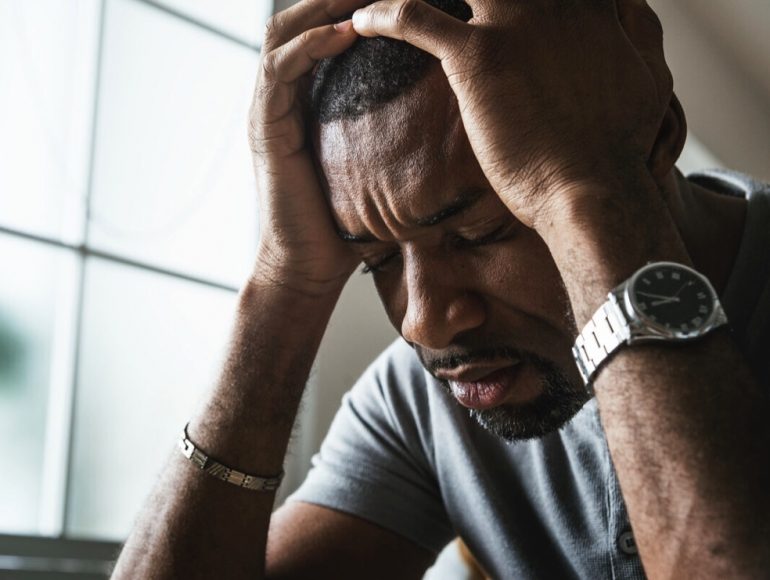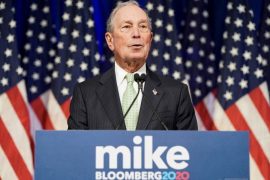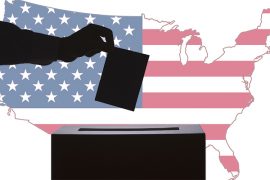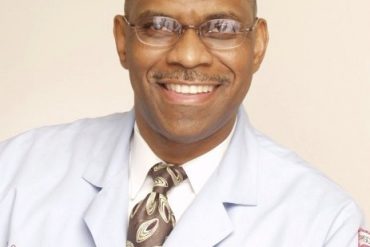Black boys and men in America continue to kill themselves at an alarming rate.
Over the past several months the Centers for Disease Control (CDC) has released several reports about the demographics of this national disgrace. African-American men and boys continue to have a higher death rate in nine of the 10 leading causes of death than is seen in women. It is most unfortunate that the overall healthcare system is inherently non-male friendly, and, in some health care situations men tell us they do not feel welcome at all.
One consequence of this shocking and disturbing reality is the male suicide rate in America. Males are three to seven times more likely than females to commit suicide, which explains why suicide is the sixth leading cause of death for males. According to the Health and Human Services Office of Minority Health, African Americans are 20 percent more likely to experience serious mental health problems than the general population.
African-American youth, particularly young men, who are exposed to violence are at a greater risk for post traumatic stress disorder (PTSD) by more than 25 percent. African Americans are also more likely to be exposed to factors that increase the risk for developing a mental health condition, such as discrimination, social isolation, homelessness and exposure to violence.
In the African American community, people often misunderstand what a mental health condition is. This lack of understanding leads many to believe that a mental health condition is a personal weakness or a form of punishment. That impedes boys and men from talking about emotional issues let alone seeking professional and/or medical help for them.
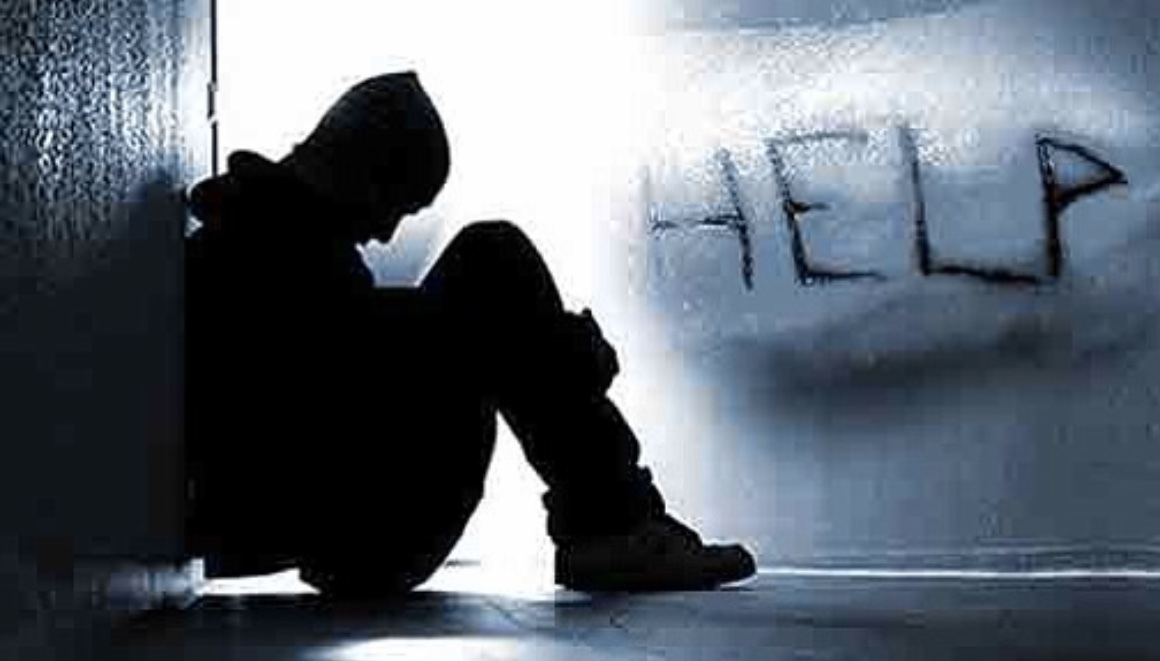
A careful reading of the CDC data shows that the current rate of suicide for males is the overwhelming majority of all suicides. And the news gets worse. Recently, the CDC highlighted a significant increase in the number of suicides for teens and younger men. The incidence of suicide for Millennials increased almost 300 percent from the 1950s for the Baby Boomer generation.
Most male suicides occur in boys and men who have not been diagnosed as depressed or have a history of mental health issues. We believe, in part, this is because:
– of a lack of cultural competence in mental health care, which results in misdiagnosis and inadequate treatment for people of color;
– African-American men, like men in general, access health care far less frequently then do women;
– there are no clear guidelines on when and how to screen men;
– health care providers do not properly or regularly screen them for emotional-wellness. The importance of the screening is underscored by the fact that this is something integral to “well woman” visits, and for post-partum female care.
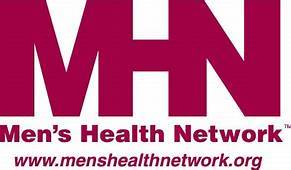
Earlier this year, the Men’s Health Network (MHN) convened a meeting of 27 internationally recognized experts in health care and mental health to examine the failure to identify mental stress and depression in boys and men and propose a comprehensive call-to-action that provides a blueprint for identifying and helping boys and men in trouble before it is too late.
This free report is found at www.MensHealthLibrary.com, “Behavioral Aspects of Depression and Anxiety in the American Male.”
While the reasons for this national tragedy are complex and still not certain, one thing is certain and that this is unacceptable in a society that values lives. With report after report, death after death, the situation becomes more and more tragic.
There is a tragic and perplexing lack of acknowledgement of the magnitude of male suicide. All too many studies give top line results without underscoring the disparity in male suicide by homogenizing data. This would not be an acceptable practice in most any other type of medical reporting.
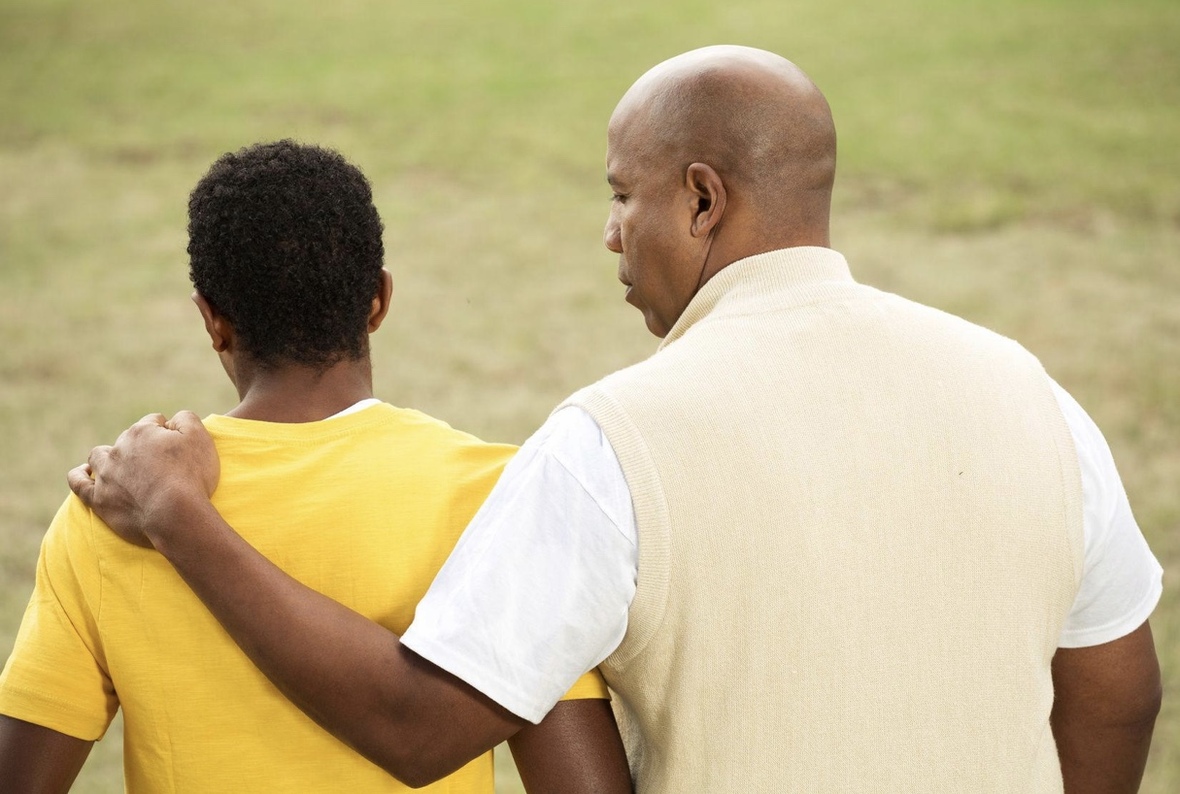
Men’s Health Network recommends that those charged with the health and social welfare of boys and men consider the following:
1) acknowledge the heterogeneity of boys and men and the unique needs of diverse populations;
2) develop culturally appropriate male-focused screening tools;
3) develop guidelines that recognize the need to regularly and routinely screen boys and men;
4) address the poor reimbursement for behavioral health clinical services; and
5) establish culturally and gender appropriate programs to identify, interrupt, triage, and manage mental health issues in African-American boys and men for those in the community who interact with boys and men.
In addition, we urge insurance companies and other payers to include adequately reimbursed “well man” medical visits similar to the yearly Well Woman Visits required under the Affordable Care Act (Obamacare). The ACA, as passed by Congress, does not provide for Well Man Visits.
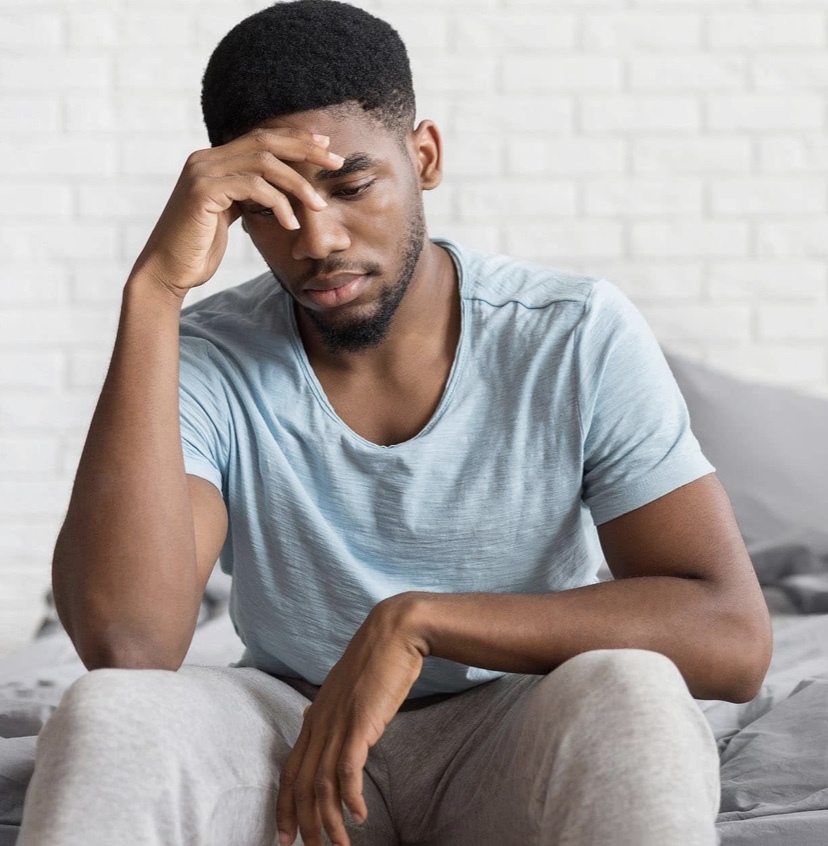
The Men’s Health Network is the oldest non-profit organization whose mission is to reach men, boys, and their families about comprehensive wellness and health matters. MHN believes much more can and must be done by all stakeholders in both the public and private sector to address the root causes of suicide and prevent them.
The humanitarian, emotional and financial cost to American society of continuing to treat the growing trends of male suicide as just another blended statistic in a long litany of health concerns is no longer acceptable.
We genuinely hope that this new data from the CDC will be the catalyst to bring the topic of men’s health onto the front burner in any discussions of healthcare, whether in Congress, among presidential hopefuls, or in the media. By doing so, we’ll not only save the lives of thousands of men and boys who are dying prematurely, but also improve the lives of the women and girls who love them.

Dr. Salvatore J. Giorgianni, Jr., Pharma. Science Advisor, Men’s Health Network, is an expert in men’s health and is a registered pharmacist. He has authored, co-authored or presented some 200 works in health care, industry regulation and business. He is an advisor and board member to Men’s Health Network, American Osteopathic Medical Foundation, Kappi Psi Scholarship Foundation and many associations.

